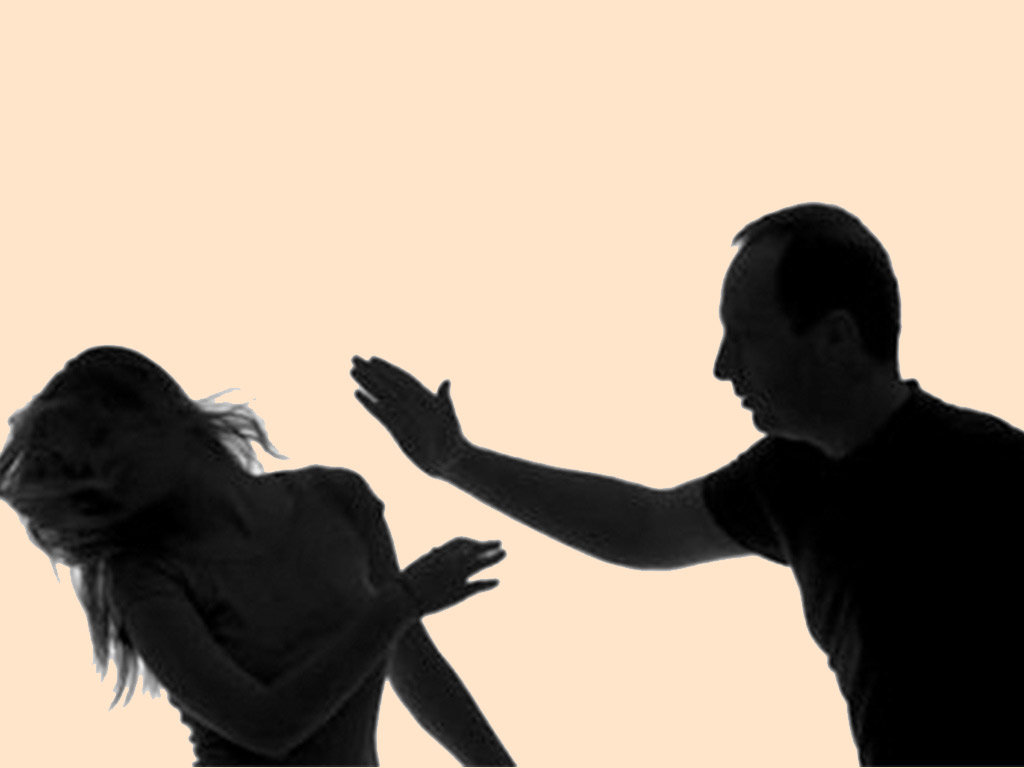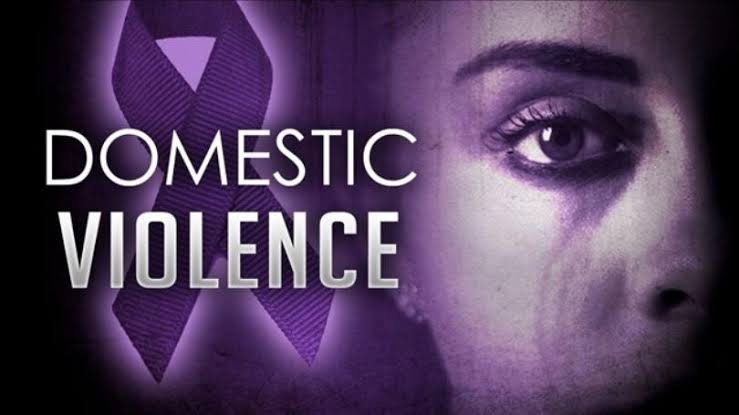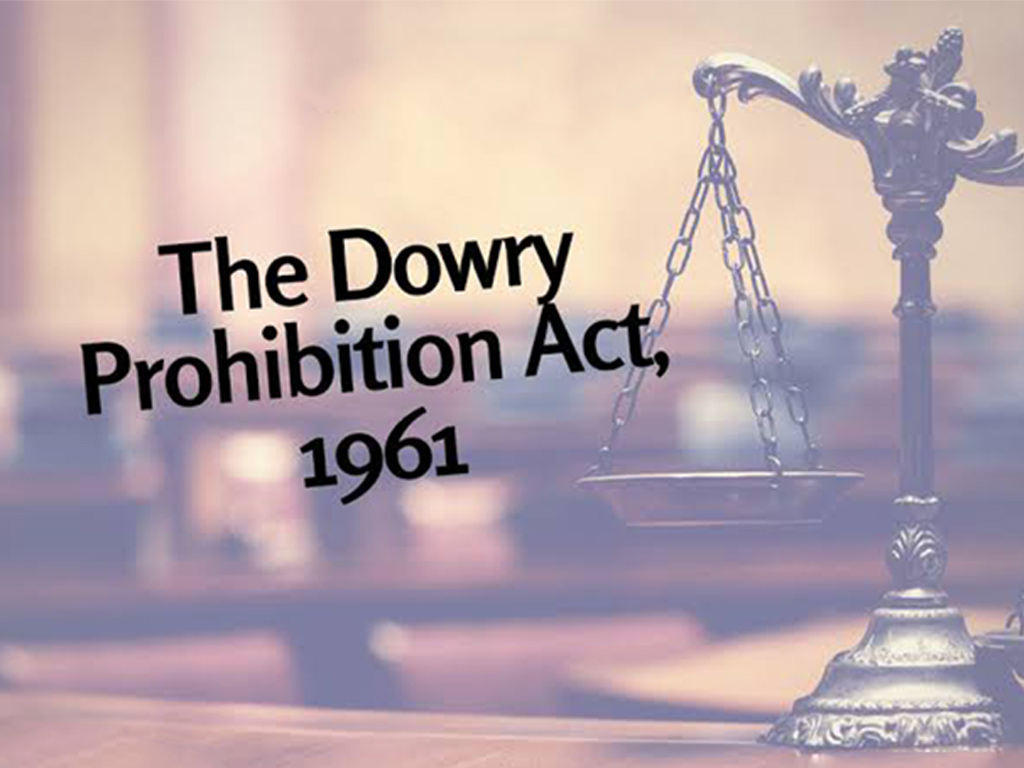Mutual Divorce.
This is the most easy and convenient way to dissolve the marriage. One can file divorce petition under Section 13 B of Hindu Marriage Act, 1955.
There are two stages-
Statements are recorded of both husband and wife at first motion. Thereafter, after 6 months the second motion is held and after taking the fresh statement the divorce is successfully granted.








